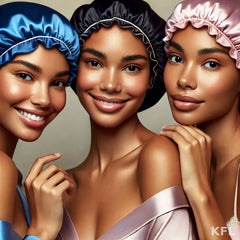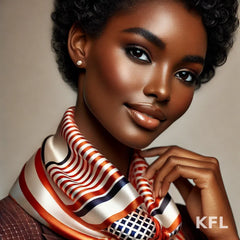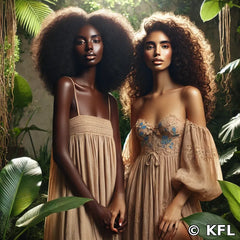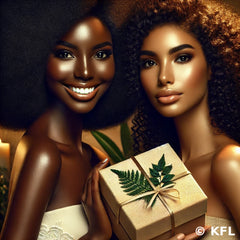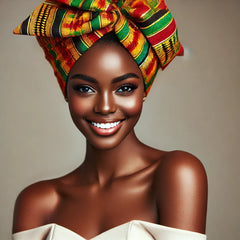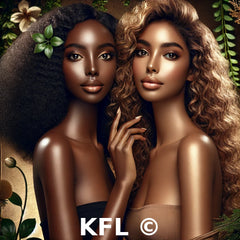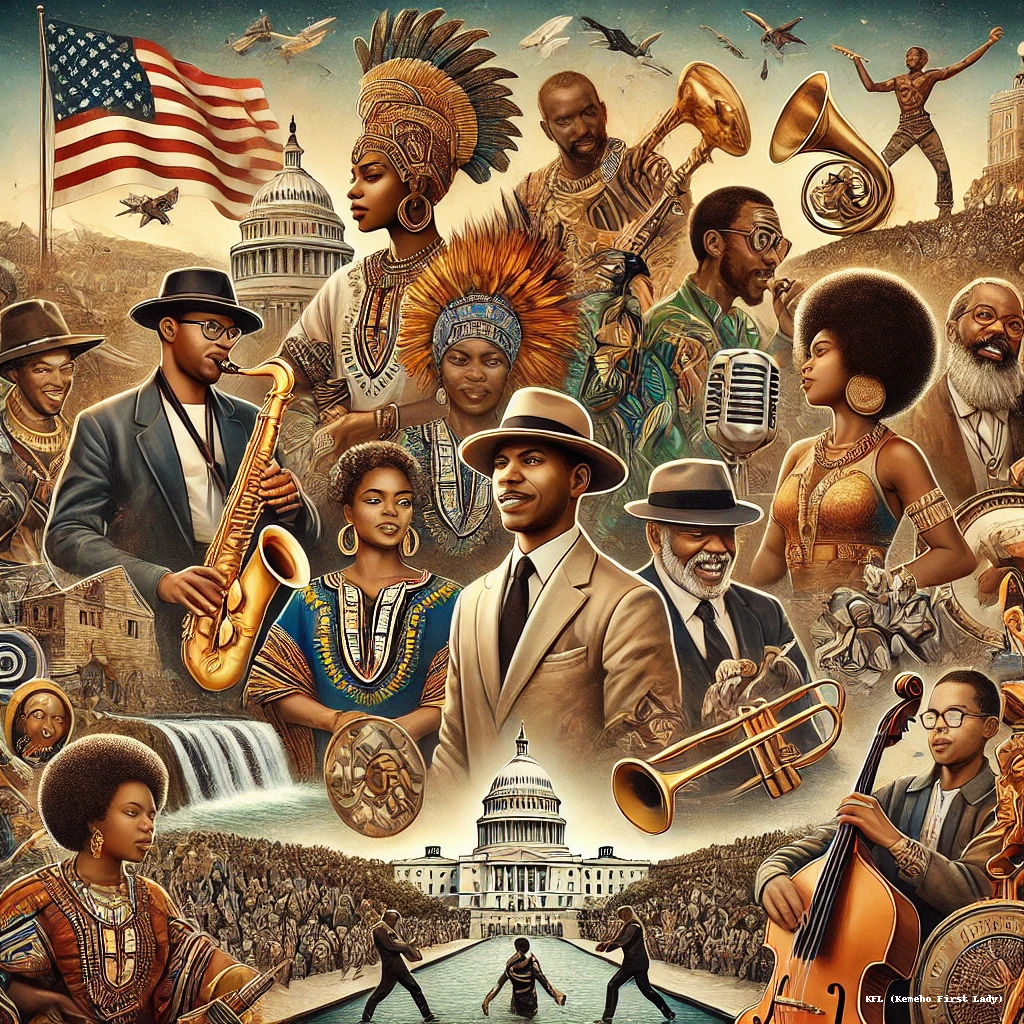
Black Americans: History, Culture, and Contemporary Challenges
Share Label
Black America: A History of Resistance, Innovation, and Struggle
From the transatlantic slave trade to modern diasporas, the Black presence in the Americas has shaped the continent’s culture, economy, and identity. Afro-descendants—both Afro-Americans and Afro-Latinos—have not only resisted oppression but have also enriched their societies, leaving an indelible mark from North to South America.
- A Forced Arrival: The Transatlantic Slave Trade
⚓ The Reality of Slavery and Mass Deportation:
- Beginning in the 16th century, millions of Africans were forcibly taken from their homelands and brought to European colonies in the Americas.
- Countries like Brazil, the United States, Cuba, Haiti, Colombia, and the Dominican Republic became central destinations.
- In regions such as Louisiana or the Caribbean, the overwhelming scale of the trade resulted in Black-majority populations.
🔥 Resistance and Revolts:
- From the outset, enslaved Africans resisted: notable revolts include Palmares in Brazil, Cécile Fatiman in Haiti, and Nat Turner in the United States.
- The Haitian Revolution (1791–1804) stands out as the first successful Black-led rebellion, leading to Haiti’s establishment as the first independent Black republic.
- African Influence on American Culture
The Black community has profoundly shaped cultural expressions across the Americas:
🎶 Music and Dance:
- Spirituals and gospel in the United States laid the groundwork for blues, jazz, and eventually hip-hop.
- In Latin America, African influences birthed genres like samba, rumba, cumbia, and reggaeton.
- Today, afrobeats and trap music draw heavily from African rhythms and dominate global charts.
🎭 Arts and Literature:
- Writers such as Toni Morrison, James Baldwin, Maya Angelou, and Gabriel García Márquez highlighted the Black experience and its complexities.
- Black visual artists have used their mediums to reclaim heritage and challenge societal norms.
⚽ Sports and Performance:
- Icons like Pelé, Ronaldinho, and Vinícius Júnior showcase Afro-Latin talent on the global stage.
- In the United States, Black athletes like Michael Jordan, Serena Williams, and Usain Bolt dominate in basketball, tennis, boxing, and track and field.
- Persistent Challenges for Black Communities in the Americas
Despite their contributions, Black communities face systemic inequalities:
⚠️ Structural Discrimination:
- While legal segregation in the U.S. has been dismantled, economic and racial disparities persist.
- In Latin America, Afro-descendants often experience political marginalization and limited representation.
⚠️ Police Violence and Social Justice:
- Movements like Black Lives Matter have shed light on systemic police violence in the U.S.
- In South America, young Black individuals in favelas face disproportionately high levels of police repression.
⚠️ Poverty and Educational Access:
- In many countries, Afro-descendants are disproportionately represented among the economically disadvantaged.
- Higher education opportunities remain limited for Black communities across the Americas.
- The Ongoing Fight for Recognition and Equality
Faced with these challenges, Black communities continue to organize and advocate:
✊🏾 Afro-Descendant Movements:
- Groups such as the NAACP in the U.S., Movimiento Afro in Colombia, and Coalizão Negra in Brazil are pushing for racial justice.
- Legal recognition of quilombos and palenques in South America represents progress for Afro-descendant communities.
✊🏾 Political Visibility:
- Leaders like Barack Obama, Kamala Harris, Francia Márquez (Colombia), and Marina Silva (Brazil) have brought Afro-descendant voices into political spaces.
- However, Black representation in positions of power remains relatively low.
✊🏾 Economic and Entrepreneurial Growth:
- Black entrepreneurs are increasingly establishing their own businesses, especially in fashion, beauty, and tech.
- Major brands are now being held accountable for embracing diversity in their workforces and campaigns.
Conclusion
The Black populations of the Americas have built vibrant cultures, influenced history, and led decisive struggles for freedom and equality. While many challenges persist, the resilience and determination of Afro-descendants continue to transform the continent. Black America is not a forgotten minority; it is a driving force shaping the identity and future of the New World.


